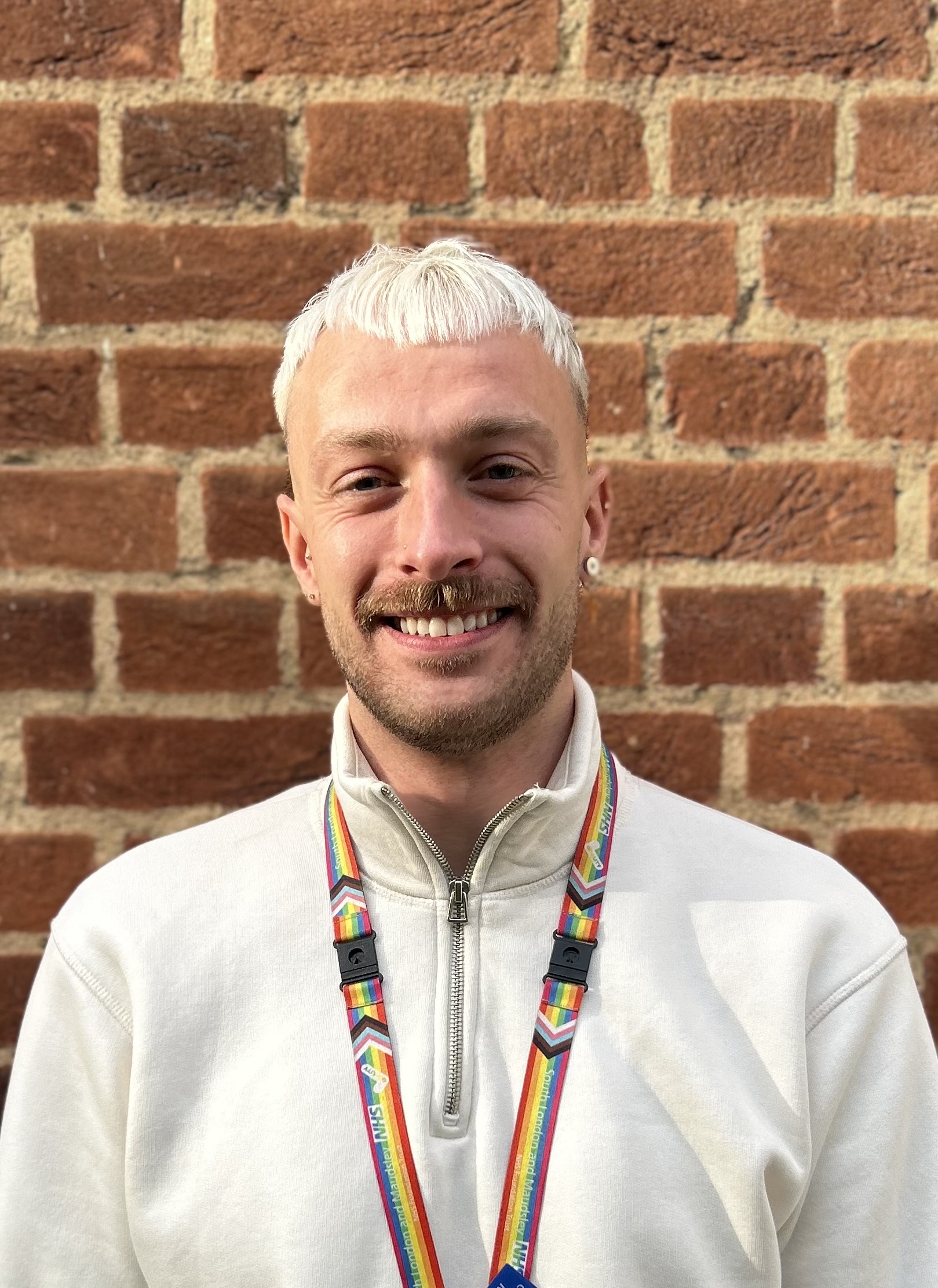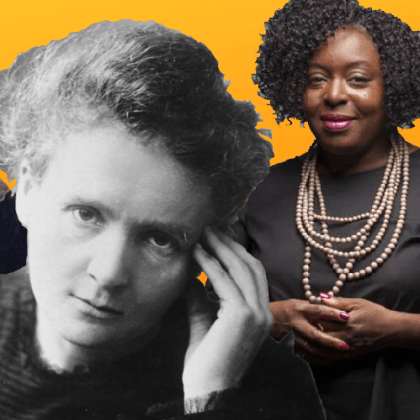Optimising DBT for LGBTQ+ Young People; Learning from the Wisdom of our Clients.
The December BABCP Article of the Month is from the Cognitive Behaviour Therapist (tCBT)and is entitled Gender- and Sexuality-Minoritised Adolescents in DBT: A Reflexive Thematic Analysis of Minority-Specific Treatment Targets and Experience by Jake Camp, Andre Morris, Helen Wilde, Patrick Smith and Katharine Rimes.
As a LGBTQ+[1] clinical psychologist, I am acutely aware of how difficult it can be for gender- and sexuality-minoritised people to access and be satisfied with health care, which is positioned within wider socio-political contexts that privilege cisgender and heterosexual norms and invalidate diversity (Foy et al., 2019; Hafeez et al., 2017). This is particularly problematic as LGBTQ+ people are at increased risk of mental health difficulties, self-harm, and suicide compared to their cisgender and heterosexual peers (Hendricks & Testa, 2011; Liu et al., 2019; Meyer, 2003). Thus, LGBTQ+ folk have additional need for accessible and satisfactory support.
Working in a national (UK) Dialectical Behaviour Therapy (DBT) programme for adolescents, I observed that most of the clients we see identify as LGBTQ+ (around 60%-70%; Camp, Hunt, & Smith, 2023). This is noteworthy because as a specialist treatment programme for adolescents at high risk of self-harm and suicide, the proportion of LGBTQ+ folk needing DBT remains higher than expected, even when factoring the relative risk of this population (Camp, Morris et al., 2023). This observation, alongside my awareness that service providers still have much to learn about providing culturally-sensitive care for LGBTQ+ people, inspired the featured article.
As part of my programme of research into DBT for LGBTQ+ youth, I was keen to ensure that we were representing the voices of those with lived experience. This was because their resultant wisdom would be invaluable for understanding how well DBT meets their needs and where we can do better as treatment providers. I therefore invited 14 LGBTQ+ young people, who were receiving DBT, to share their experiences.
The young people explained that their prominent LGBTQ-associated struggle was with identity confusion and self-non-acceptance, and that this was closely related to experiences of and worries about stigma and non-acceptance from others. They also said that a pertinent protective factor was building connections with similar and accepting others, and that therapists need to help more with these areas.
The young people also shared that the non-judgmental and open climate in DBT created safety, while at the same time worries about confidentiality and whether therapists would judge them decreased safety. Participants also thought that DBT skills “did not discriminate” based on their gender and sexual identity, while at the same time many did not automatically generalise skills to these contexts and many experienced difficulties getting LGBTQ-associated difficulties on the table in therapy. The young people recommended that therapists:
- be explicitly non-judgmental towards LGBTQ+ populations;
- ask about their clients’ gender and sexual identity, while also communicating that it is optional;
- integrate minority stressors and identity into formulations and treatment;
- model diversity and creates environment-based safety signals;
- help generalise the skills to LGBTQ-associated difficulties;
- and clarify parameters of confidentiality in this area.
It is important to acknowledge that this research represents the experiences of LGBTQ+ folk within a specific DBT programme, and thus it may not generalise further. Nonetheless, this research provides an opportunity to learn from the wisdom of our clients and improve our practice in DBT and other cognitive-behaviour interventions. It is important that we continue to decrease the barriers to healthcare services for minoritised groups, as part of the wider endeavour to eradicate health inequities, and that this is co-produced with experts by experience. The hope is to amplify these minoritised voices and stimulate further work in this area.
Reference List
Camp, J., Hunt, K., & Smith, L. (2023). Implementing dialectical behaviour therapy in routine practice: An evaluation of a national CAMHS DBT service for adolescents. The Cognitive Behaviour Therapist, 16, E29. doi:10.1017/S1754470X23000211
Camp, J., Morris, A., Wilde, H., Smith, P. & Rimes, K. A. (2023). Gender- and Sexuality- Minoritised Adolescents in DBT: A Reflexive Thematic Analysis of Minority-Specific Treatment Targets and Experience. The Cognitive Behaviour Therapist. https://doi.org/10.1017/S1754470X23000326
Foy, A. A. J., Morris, D., Fernandes, V., & Rimes, K. A. (2019). LGBQ+ adults’ experiences of improving access to psychological therapies and primary care counselling services: informing clinical practice and service delivery. The Cognitive Behaviour Therapist, 12, e42. https://doi.org/10.1017/S1754470X19000291
Hafeez, H., Zeshan, M., Tahir, M. A., Jahan, N., & Naveed, S. (2017). Health care disparities among lesbian, gay, bisexual, and transgender youth: A literature review. Cureus 9(4): e1184. https://doi.org/10.7759/cureus.1184
Hendricks, M. L. & Testa, R. J. (2012). A conceptual framework for clinical work with transgender and gender nonconforming clients: An adaptation of the Minority Stress Model. Professional Psychology: Research and Practice, 43(5), 460-467. https://doi.org/10.1037/a0029597
Liu, C. H., Stevens, C., Wong, S. H. M., Yasui, M., & Chen, J. A. (2019). The prevalence and predictors of mental health diagnoses and suicide among U.S. college students: Implications for addressing disparities in service use. Depression and Anxiety, 36(1), 8–17. https://doi.org/10.1002/da.22830
Meyer, I. H. (2003). Prejudice, social stress, and mental health in lesbian, gay, and bisexual populations: Conceptual issues and research evidence. Psychological Bulletin, 129(5), 674-697. https://doi.org/10.1037/0033-2909.129.5.674
Author Bio
I am a clinical psychologist, DBT therapist, and early-career clinical academic working for a national Dialectical Behaviour Therapy service within the South London & Maudsley NHS Foundation Trust, and in collaboration with the Department of Psychology at the Institute of Psychiatry, Psychology, and Neuroscience (King’s College London). Clinically, I specialise in working with young people who struggle with emotion dysregulation and related difficulties, many of whom identify as gender and/or sexuality diverse. Academically, my work focuses on LGBTQ+ mental health, culturally-sensitive therapies, emotion dysregulation, and novel parent/carer interventions
From Richard Thwaites, Editor-in-Chief of tCBT: Why I chose this article
I chose this paper in recognition of the fantastic work that Dr Camp and team have been doing in this area across a number of papers. This paper in particular captured the voices of the young people so powerfully. Whilst the authors were clear this represented the experiences of one group receiving one intervention, it provokes reflection and thoughts around other services that we might work in and how we might ensure that we are aware of, and understand the potential impact of minoritised sexualities on the interventions we provide. It challenges us to reflect on our own identities and how these might impact on the therapy we provide.
[1] People who identify as gender (e.g. transgender, non-binary, and similar) and/or sexuality (e.g. lesbian, gay, bisexual, pansexual, queer, ace- and aro-spectrum, and similar) diverse.







